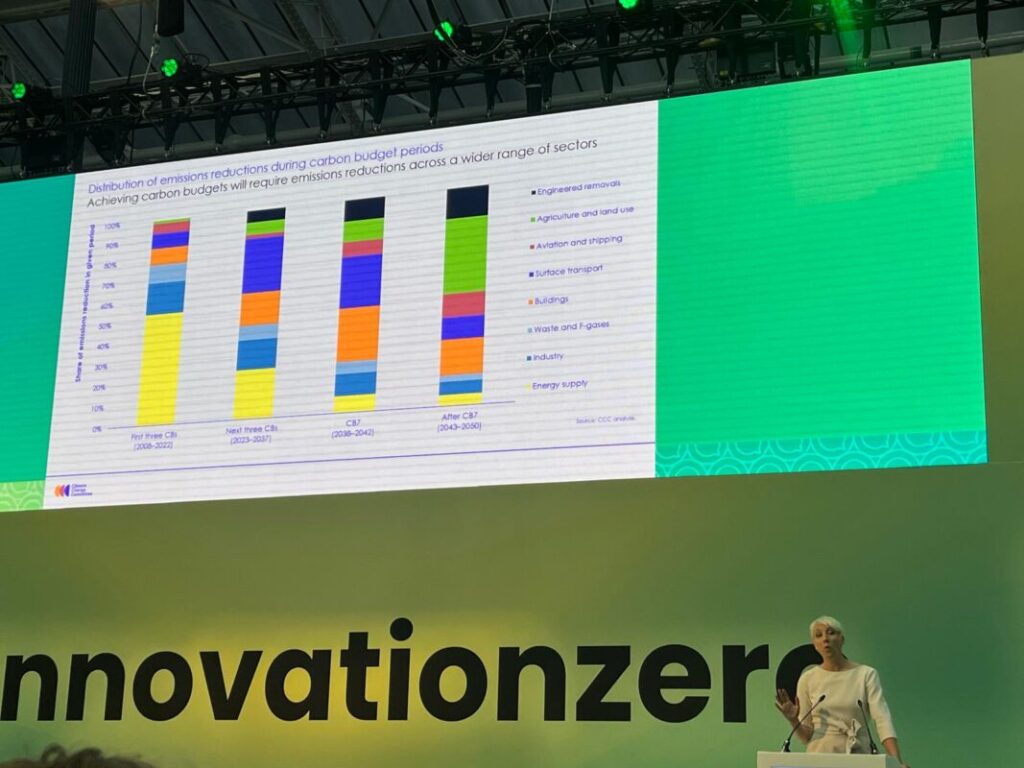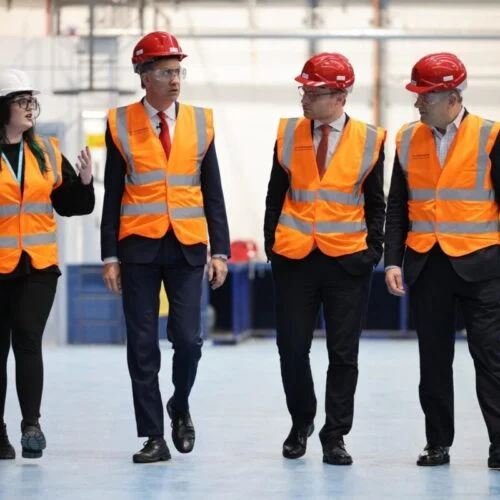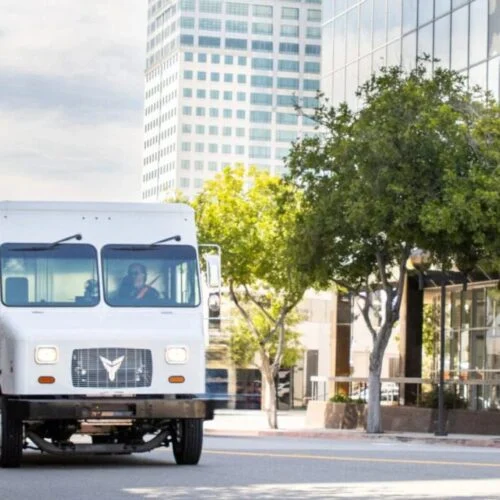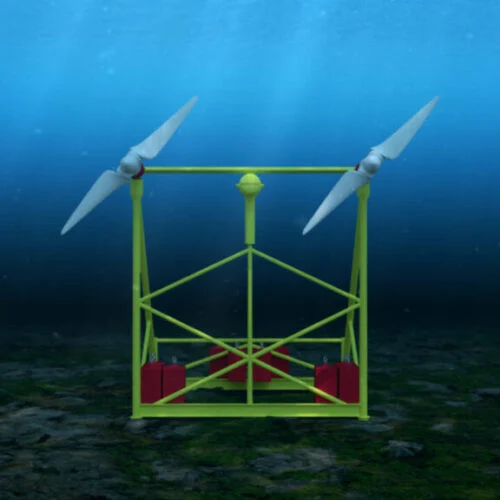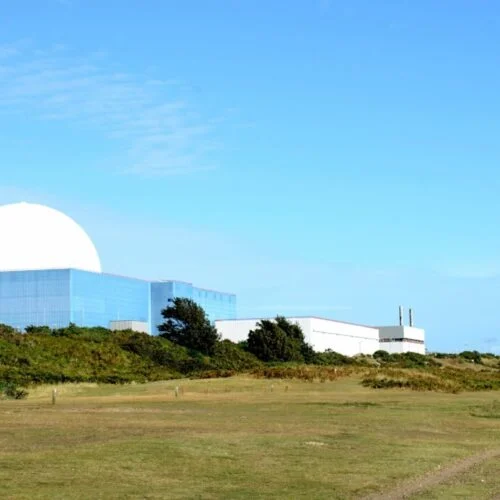Transport will be the “hero sector” for decarbonisation over the next decade, Climage Change Committee (CCC) CEO Emma Pinchbeck has said.
Speaking at Innovation Zero World Congress 2025, Pinchbeck set out the thinking behind the Seventh Carbon Budget (CB7) that the CCC has put forward to government.
The carbon output from the energy system will reduce over the next few carbon budgets and the key focus for the CCC will become transport and buildings, she said.
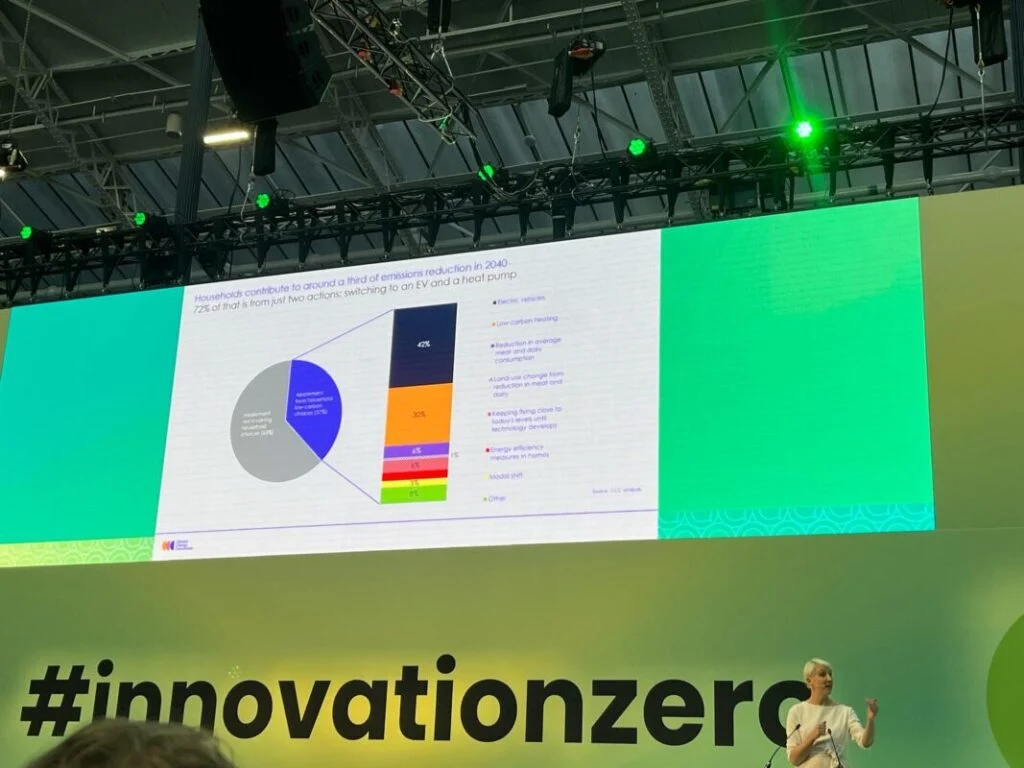
Further, Pinchbeck said that the CCC’s plans require no scrappage; these upgrades would be made when a household needed a new car or heating system.
This is all underpinned by a need for cheap electricity, Pinchbeck said; but while electrification is key, it is not the only action needed. In fact, “apart from EVs, if there is a key technology for CB7, it is trees”.
Pinchbeck said that the body’s aim is to deliver low cost decarbonisation for the whole economy. CB7 covers the first period that will see savings made from the energy transition outpace investment.
“The savings start to net off against those costs around 2040, and continue to grow through the 2040s,” Pinchbeck said, adding that the reason for this is simple: “Low carbon technologies get more efficient, and the fuels they run on are low cost or free.”
She said that the CCC is expecting to see “rapid electrification of transport in the UK, largely because the price point for EVs has come down, underlined by battery costs dropping”.
The savings unlocked through an EV are realised “almost as soon as a household adopts the technology”, and Pinchbeck said she is “pretty sure” EVs will be accessible at cost partiy with petrol vehicles by 2030.
The CCC’s advice has not yet been legislated—no decision on this needs to be made until next summer—but CB7 sets out advice to the government on reducing the UK’s carbon emissions between 2038 and 2042, in line with meeting net zero by 2050.
The CCC is a statutory body established as part of the Climate Change Act of 2008. It is required to regularly advise the UK government on its legally binding carbon emissions limits and provide advice on how to achieve these.
Pinchbeck noted that the pathway set out by the CCC is in no way prescriptive; “it’s meant to be speculative,” and there is space for innovation. The carbon budget could be met in a way that the CCC did not anticipate.
